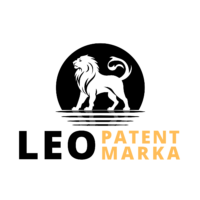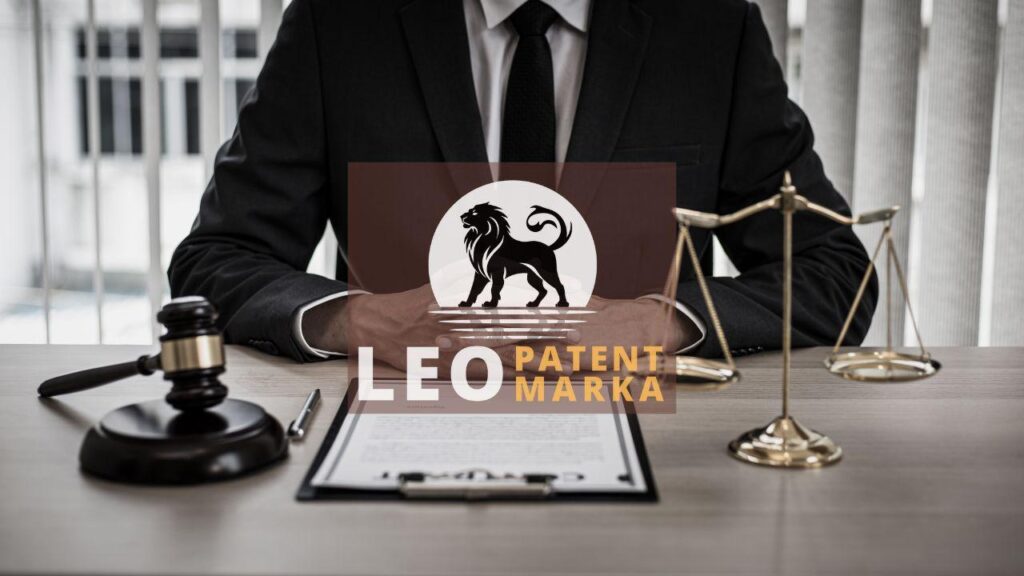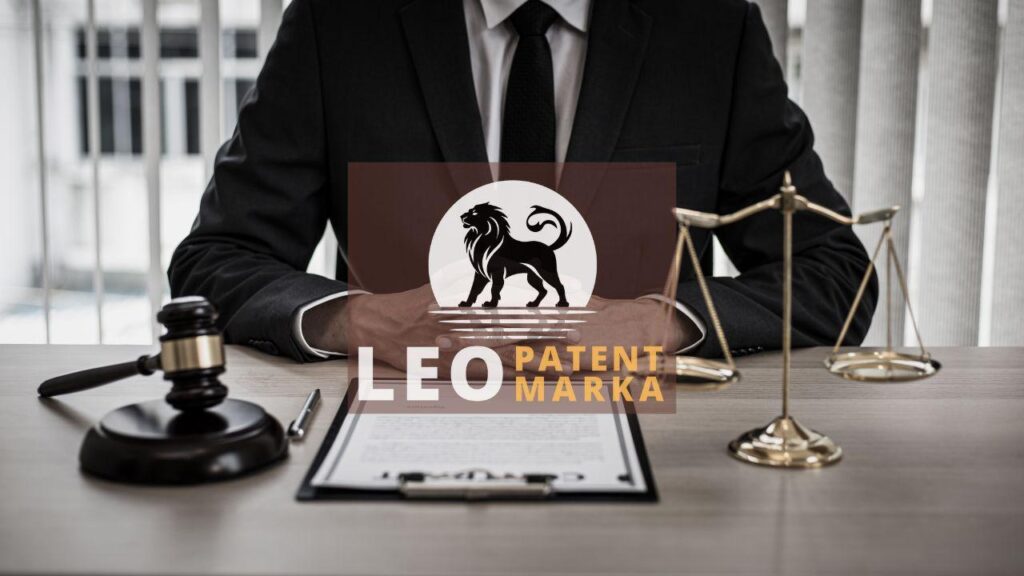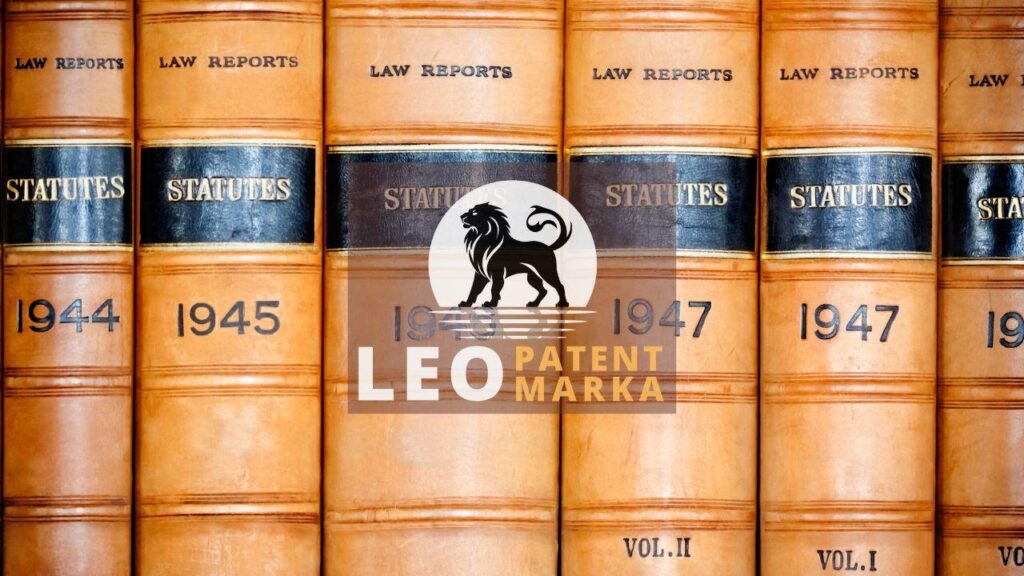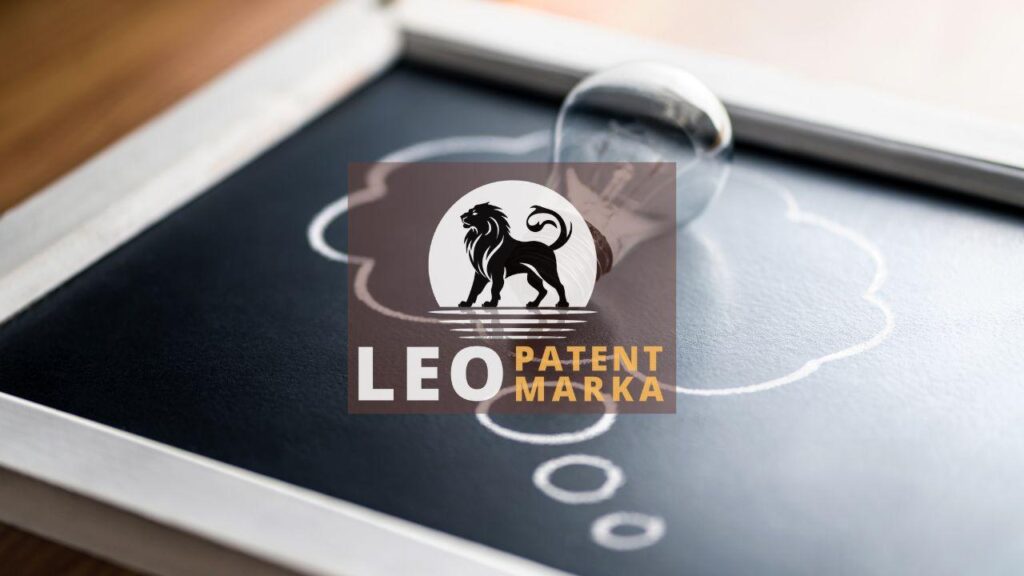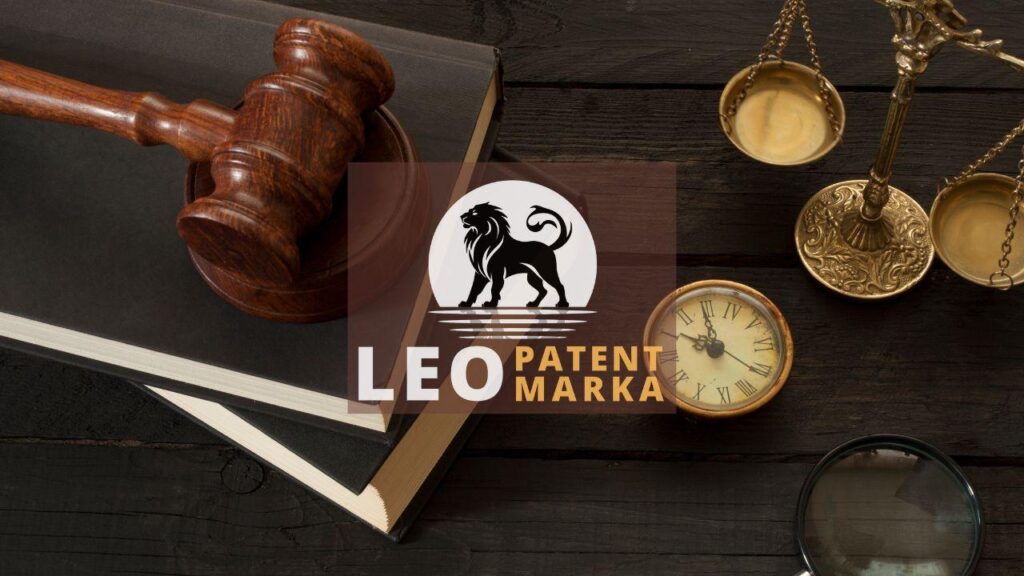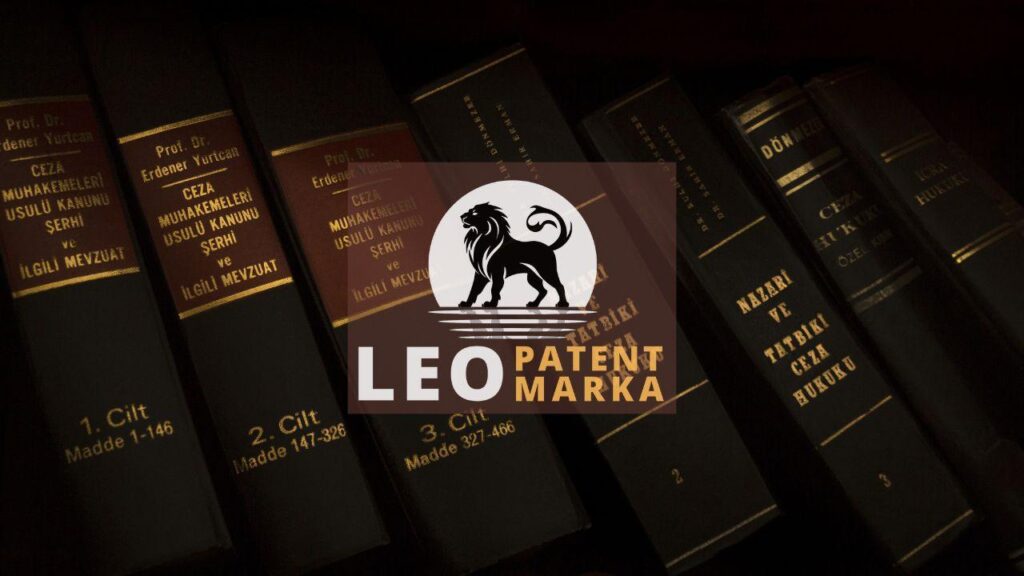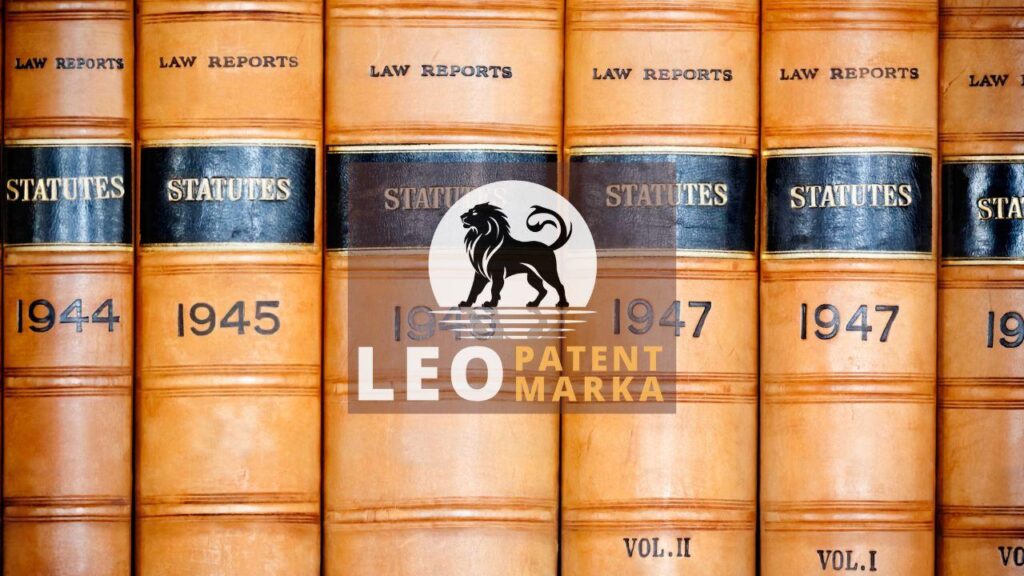In the realm of intellectual property, distinguishing what can or cannot be trademarked is crucial for businesses aiming to establish and protect their brand identity. At Leo Patent, we understand the complexities involved in navigating the Turkish trademark landscape. Trademark eligibility revolves around several key principles under Turkish law, encompassing distinctive features, non-descriptiveness, and lawful usage. Certain items and services may seamlessly fit within these criteria, while others face stringent legal restrictions. This blog post will provide a comprehensive guide to help you identify which elements of your business can be trademarked and which cannot, thereby empowering you to make informed decisions in safeguarding your brand’s unique identity.
Criteria for Trademark Eligibility in Turkey
In Turkey, the criteria for trademark eligibility are governed by the Industrial Property Code (No. 6769), which mandates that a mark must possess distinctive character, be capable of graphical representation, and not be deceptive or contrary to public order or morals. A trademark must distinctly differentiate the goods or services of one enterprise from those of another. Commonly used terms, generic expressions, or marks devoid of any distinctive properties cannot be trademarked. Additionally, trademarks that mislead consumers regarding the nature, quality, or geographical origin of a product are deemed ineligible. At Leo Patent, we assist you in navigating these legal requirements, ensuring your mark meets the necessary standards for successful registration in Turkey.
When contemplating what can be trademarked, it is vital to recognize that certain types of elements are explicitly excluded under Turkish law. For instance, marks that are descriptive of the goods or services, or that consist solely of generic terms common in everyday language, are not eligible for trademark protection. This includes words that merely describe the type, quantity, quality, intended purpose, value, geographical origin, or other characteristics of the goods or services in question. Similarly, symbols or terms that are commonly used in the trade to depict the goods or services cannot gain exclusive trademark rights. At Leo Patent, we provide thorough evaluations to ensure that your chosen marks do not fall into these non-registrable categories, thereby enhancing the likelihood of a successful application.
Furthermore, certain symbols and marks related to state emblems, official signs, or hallmark indications may also be prohibited under Turkish trademark law. In addition, marks that might infringe on prior rights, such as earlier registered trademarks or well-known marks, are usually rejected. Companies must also be cautious of using names, images, or symbols that could infringe on cultural or religious sensitivities. At Leo Patent, our comprehensive trademark search and advisory services assist you in identifying potential conflicts and ensuring compliance with Turkish legal standards. We guide you through the entire process, from initial search to final registration, helping your brand secure its unique identity in the competitive marketplace.
Common Reasons for Trademark Rejection
One common reason for trademark rejection under Turkish law is a lack of distinctiveness. A trademark must be capable of distinguishing the goods or services of one enterprise from those of others. Marks that are generic or descriptive of the goods or services with which they are associated often fail to meet this criterion. For example, terms that directly convey the quality, quantity, purpose, or geographical origin of a product cannot be trademarked. Additionally, signs that have become customary in the current language or in the bona fide and established practices of the trade are also likely to encounter rejection. Therefore, it is imperative for businesses to ensure that their trademarks are unique and not merely descriptive of their goods or services.
Another prevalent reason for trademark rejection is the likelihood of confusion with existing trademarks. If your proposed mark is too similar to an already registered trademark in terms of appearance, sound, or meaning, it may lead to consumer confusion regarding the source of the goods or services, which is not permissible under Turkish law. This similarity does not only concern identical goods or services but extends to those that are closely related or within the same market sector. The Turkish Patent and Trademark Office evaluates potential conflicts through a comprehensive search process, and even minor similarities can result in rejection. Conducting thorough trademark searches and assessments before application can help identify and mitigate these risks, ensuring a smoother registration process.
A further reason for trademark rejection in Turkey involves the use of prohibited signs and symbols. Trademarks containing elements that are contrary to public order, morality, or accepted principles of morality are not registrable. Furthermore, signs that include emblems, flags, or other symbols of states or international organizations, without appropriate authorization, are strictly off-limits. Additionally, trademarks that might be deceptive to the public concerning the nature, quality, or geographical origin of the goods or services cannot be registered. At Leo Patent, we guide our clients through these intricate restrictions, ensuring compliance with Turkish regulatory standards and enhancing the chances of a successful trademark registration.
Case Studies of Successful and Unsuccessful Trademark Applications
Examining case studies of both successful and unsuccessful trademark applications offers valuable insights for businesses navigating the trademark process. One notable success story involves Turkish delight producer Haci Bekir, whose distinct and long-standing brand name, coupled with unique packaging, secured a solid trademark despite strong market competition. On the other hand, a well-documented failure is the application by a local café chain attempting to trademark the commonly used term “Cafe Istanbul.” The Turkish Patent and Trademark Office (Türk Patent) rejected it on grounds of descriptiveness and lack of distinctiveness, illustrating the critical need for originality and distinctive character in trademark applications. These examples underscore the importance of carefully evaluating potential trademarks against Turkish legal standards to ensure a smooth registration process.
Another instructive case involves a tech startup that aimed to trademark the brand name “TechGuru” for its innovative software solutions. Despite the name having some degree of distinctiveness, the application initially faced challenges due to existing trademarks that included similar combinations of “Tech” and “Guru.” However, by demonstrating their unique offering and emphasizing their distinctive logo and brand presentation, the company successfully argued for the trademark’s registration. In contrast, an emerging fashion brand’s attempt to trademark the generic term “StyleWear” was denied, as it failed to meet the criteria of non-descriptiveness and exclusivity, highlighting that overly generic names face significant hurdles in achieving trademark protection. These instances exemplify how the nuanced application of trademark principles can shape the outcome of registration efforts in Turkey.
Moreover, our experience at Leo Patent reinforces these findings with unique cases demonstrating the intricacies of trademark law. For example, a local artisan jewelry brand successfully trademarked its logo, which featured a distinctive combination of Ottoman motifs and modern design elements, underscoring the importance of uniqueness and cultural relevance in achieving trademark approval. Conversely, a food product manufacturer faced rejection when attempting to trademark the phrase “Natural Taste” due to its inherent descriptiveness and lack of distinctive character, proving that generic terms directly describing the product’s qualities are unlikely to be registered. These case studies underscore the meticulous attention to detail required in the Turkish trademark landscape, reiterating the necessity for businesses to engage in thorough research and strategic planning to enhance the likelihood of successful trademark registrations.
Disclaimer: This article is for general information purposes only and it is recommended that you consult experts and companies in that field to evaluate your specific situation. We are not responsible for any damage that may arise from the use of the information in this article.
